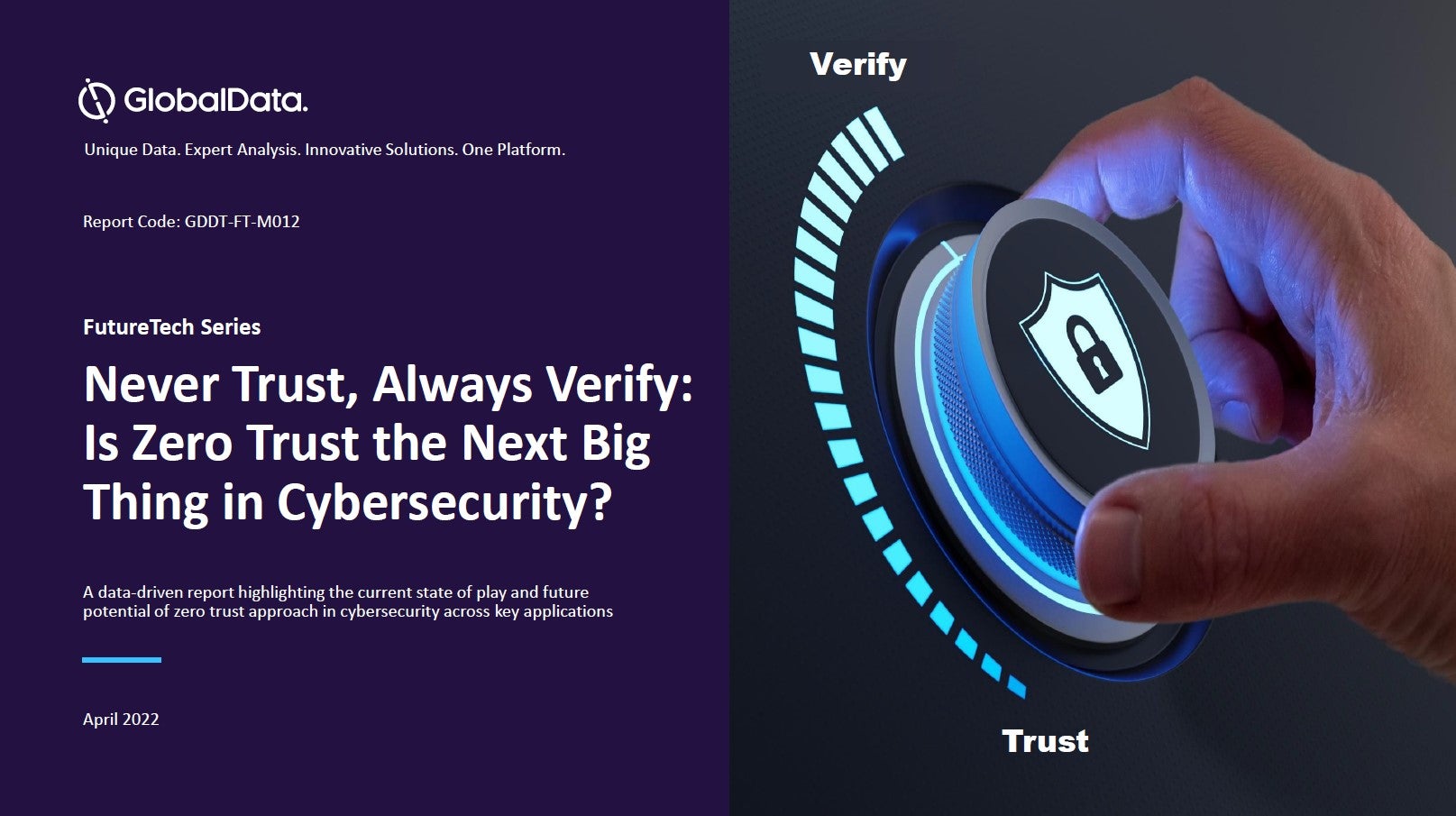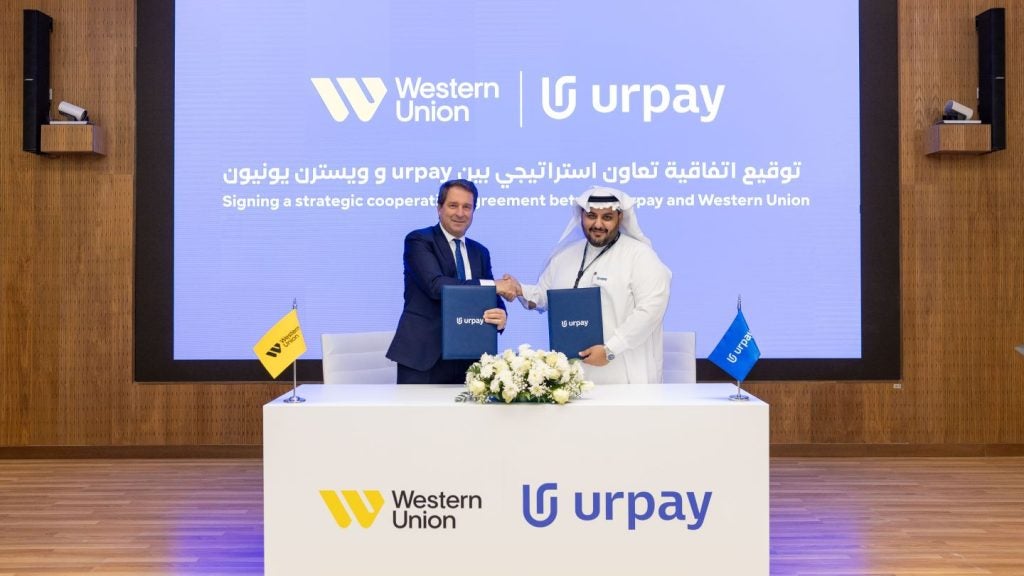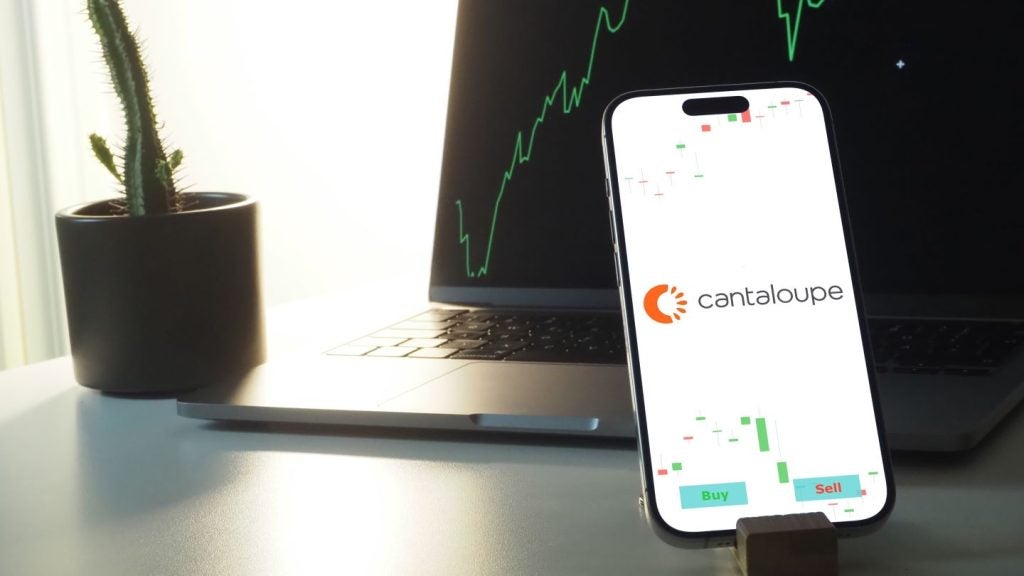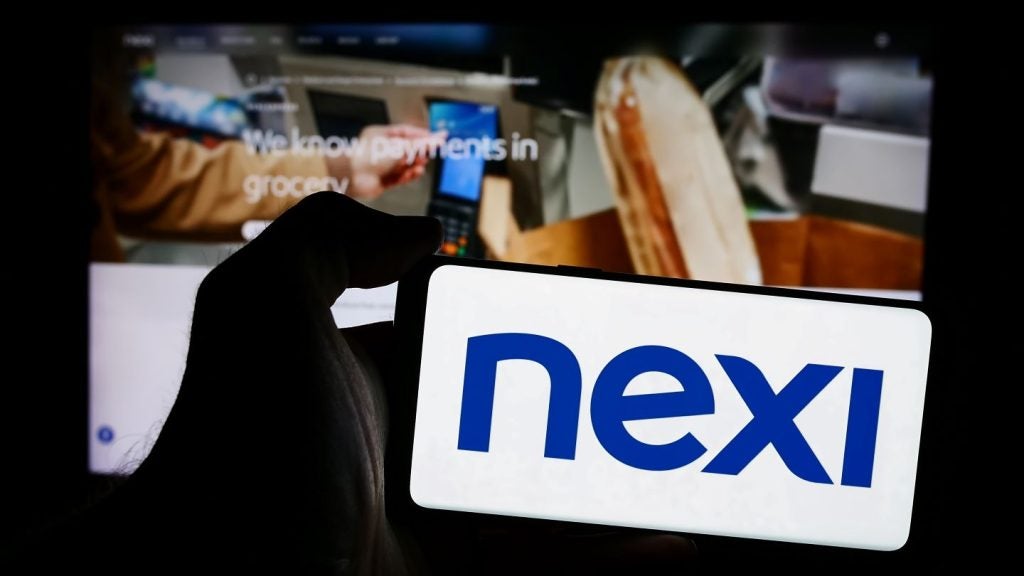Financial services industry players and
academic institutions have joined forces in a bid to establish
security standards for next-generation mobile devices as more
consumers migrate to e-banking.
It has been claimed that mobile phones are
playing an ever-increasingly critical role in consumers’ financial
activities. Therefore protecting people’s security, privacy and
identity on these devices is of mounting concern.
The Secure Embedded Platform with advanced
Process Isolation and Anonymity Capabilities (Sepia) research
project brings together technology providers ARM, Giesecke &
Devrient (G&D), and Infineon Technologies, security evaluation
laboratory Brightsight, and Austria’s Graz University of
Technology.
At present, there is no common security level
across mobile phone platforms and the technology is said to vary
widely.
“Sepia addresses an ever more pressing
security problem that is receiving increased attention on the
European level, especially regarding mobile applications like
e-banking,” said Herbert Reul, chair of the European Parliament
committee on Industry, Research and Energy.
Sepia aims to allow execution of
security-critical applications such as e-banking while ensuring
personal and confidential data such as usernames and passwords and
payment details are stored and processed within a separate trusted
environment.
The project will be based on a mobile platform
combining ARM’s TrustZone technology, which claims to create a
protected area in advanced systems on-chip, and G&D’s MobiCore
security operating system. Infineon will contribute next-generation
technology to allow secure storage of user credentials and
passwords and Brightsight is responsible for developing
certification methods.
Finally as well as coordinating the project,
The Institute for Applied Information Processing and Communication
(IAIK) of Graz University of Technology will develop techniques to
preserve anonymity and security mechanisms.
The Sepia project is co-funded by the European
Union’s Seventh Framework Programme (FP7).







